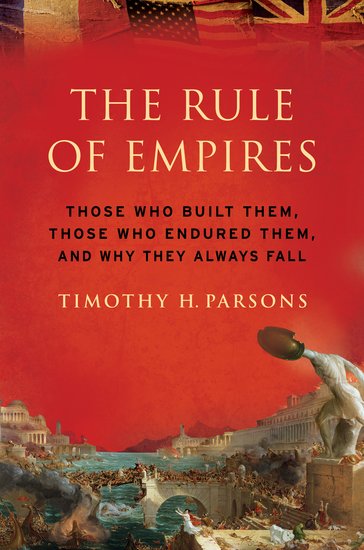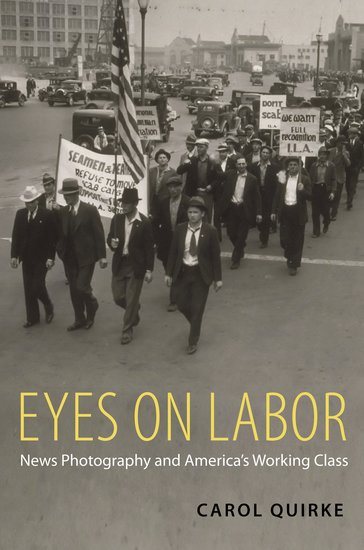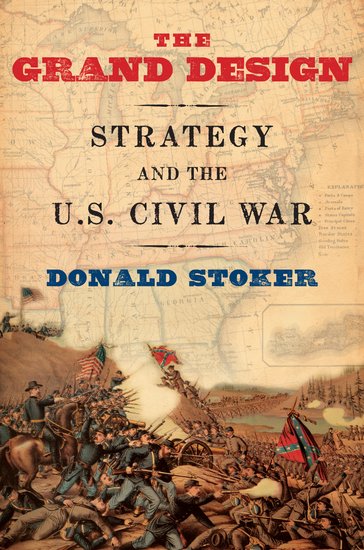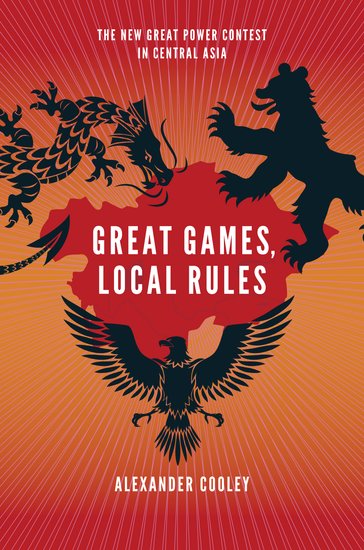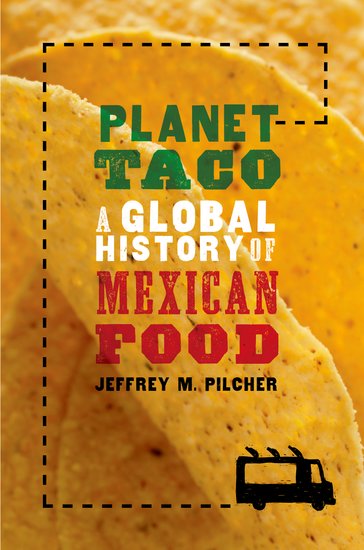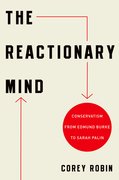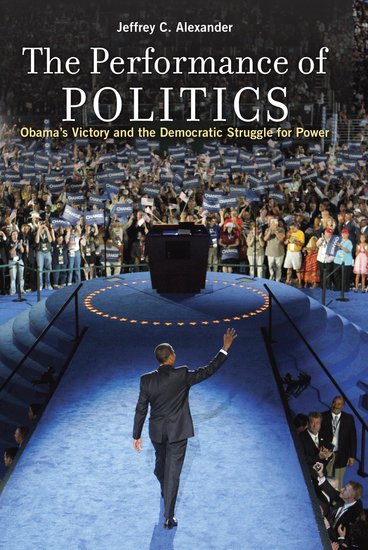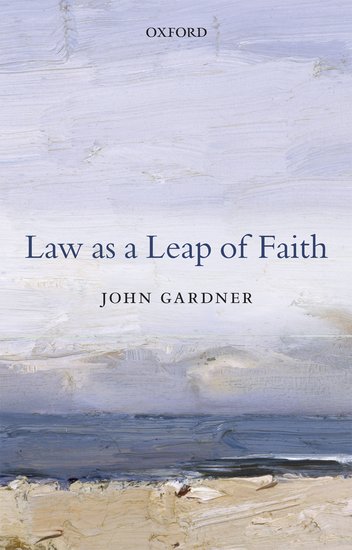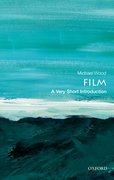Connecting with Law Short Film Competition Winners
We’re pleased to share the winning entries to Oxford University Press Australia and New Zealand’s annual film competition for law students. Now in its fifth year, the Connecting with Law Short Film Competition 2012 was open to all students currently enrolled in an Australian law school. To enter, students chose at least one definition from the Australian Law Dictionary and created a 2-5 minute film based around the definition/s to educate and help students connect with the law




